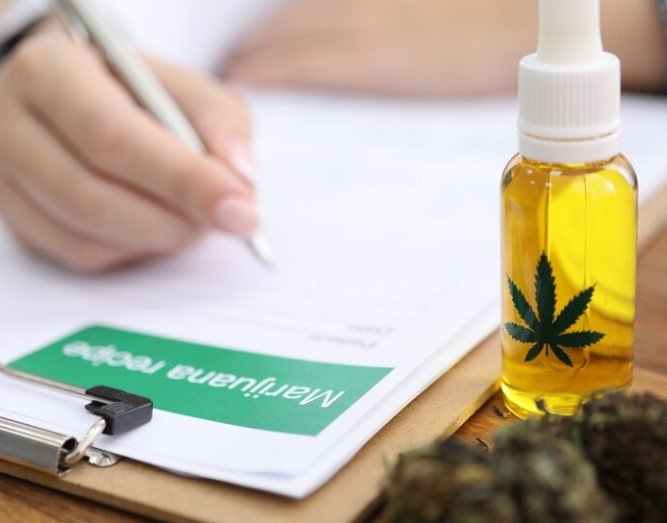Minnesota’s budding cannabis industry has entered the new year with a mix of optimism and unease. While many had hoped to launch their businesses this year, delays and legal challenges have pushed the timeline for the state’s recreational marijuana market to early 2026. Entrepreneurs are left waiting, juggling expenses, and navigating a landscape full of opportunity but fraught with uncertainty.
A Rocky Start for Minnesota’s Cannabis Aspirants
Instead of opening their doors to customers, cannabis license applicants in Minnesota are stuck in a holding pattern. A district court ruling has stalled the licensing process, forcing the state’s Office of Cannabis Management (OCM) to rethink its preapproval lottery system.
Many entrepreneurs are grappling with financial pressures. Investments made to prepare for licensing have yielded no returns, and ongoing expenses threaten the viability of some businesses. Attorney Leili Fatehi of Blunt Strategies points out, “Every month that you’re not open for business, you’re incurring costs. There’re going to be some people who end up folding because they don’t have the capital.”

Microbusinesses and Tribal Enterprises Offer a Glimmer of Hope
As larger license categories face delays, microbusinesses and Native American tribes with vertically integrated cannabis operations may play a crucial role in filling the supply gap. Unlike other license types, microbusinesses aren’t capped and don’t require participation in a lottery, offering a faster route to market.
Observers believe this category can provide a much-needed supply buffer. However, Fatehi notes, “While microbusinesses are important for standing up the industry, they alone can’t meet the full demand.”
Financial Strain and Opportunity Cost
The delays have hit applicants hard, particularly those who had secured preapproval under the now-scrapped lottery system. For these businesses, the shift means competing against a larger pool of applicants when the lottery resumes later this year.
Applicants have poured significant resources into their bids, from securing real estate to preparing operational plans. Some businesses have managed to stay afloat by leveraging the state’s thriving hemp-derived THC market. Still, others face financial distress. As Fatehi explains, “People that are in trouble right now are the ones that weren’t cautious with spending and having revenue streams or sources of capital.”
Unanswered Questions Cloud the Path Forward
Minnesota’s cannabis regulatory framework remains murky. Legal uncertainties and undefined timelines have left applicants guessing. Key questions include:
- When will social equity and general applicant lotteries occur?
- Can unsuccessful lottery applicants pivot to apply for uncapped microbusiness licenses?
- How will pending court decisions impact the process?
Mitchel Chargo, a cannabis attorney at Hinshaw & Culbertson, stresses the importance of clarity: “The community would benefit from having a projected date for the lottery, allowing applicants to plan effectively.”
Timeline for Licensing and Market Launch
The OCM aims to issue licenses in capped categories through a lottery by mid-2024, with microbusiness licenses possibly arriving sooner. However, some believe the timeline remains overly optimistic. Chargo predicts that licensing rules could be finalized by February, but significant hurdles remain before businesses can plant their first crops or serve their first customers.
Meanwhile, the broader industry is waiting for the Court of Appeals to decide whether the preapproval lottery system will be reinstated. Fatehi and others argue that this process is critical for enabling businesses to finalize their operations and prepare for the market launch.
